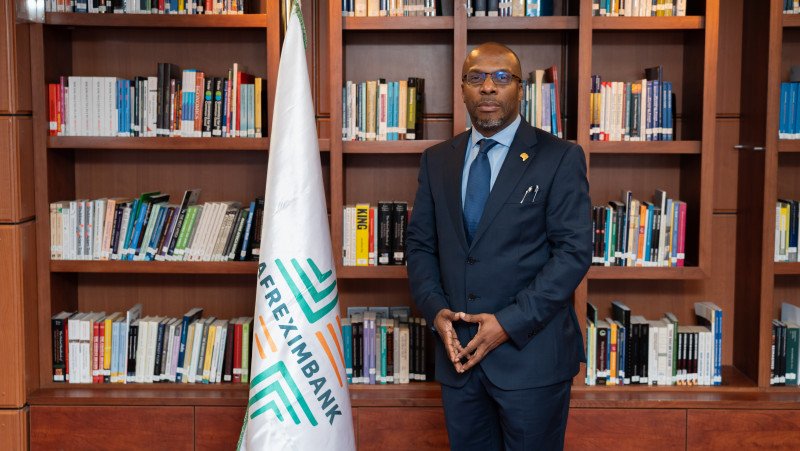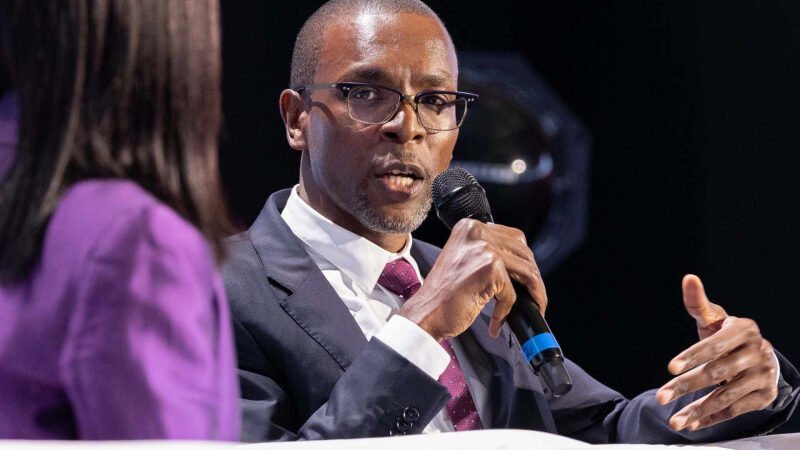Trudeau promises one million jobs, warns of virus second wave
Canadian Prime Minister Justin Trudeau unveiled a grand plan Wednesday to address social inequalities laid bare by the coronavirus pandemic and create one million jobs during recovery, while also extending emergency measures for a second wave of Covid-19 that he said could be worse than the first.
“Canada is at a crossroads,” Trudeau said in a televised address to the nation.
“We’re on the brink of a fall that could be much worse than the spring,” he said, contrasting the more than 1,000 new Covid-19 cases reported on Tuesday with the 47 on March 13, the day Canada went on lockdown.
“In our four biggest provinces, the second wave isn’t just starting, it’s already underway.”
“It’s all too likely we won’t be gathering for Thanksgiving (on October 12), but we still have a shot at Christmas,” he said.
Earlier in a so-called throne speech, read by Governor General Julie Payette at a joint sitting of MPs and senators, the government vowed to eliminate homelessness, hasten Canada’s fight against climate change and introduce national childcare and pharmacare programs.
It said it aims in the short term to also restore employment to pre-pandemic levels, and both extend and broaden emergency aid measures to keep the economy rolling.
“Do we move Canada forward, or let people be left behind? Do we come out of this stronger, or paper over the cracks that the crisis has exposed?” Payette said in the speech.
The government’s plan calls for direct infrastructure investment, training to quickly skill up workers, and incentives for employers to hire and retain workers.
Exceeding Canada’s 2030 carbon emissions reduction target of 30 percent below 2005 levels will also be a “cornerstone” of job creation efforts, according to the speech.
“The economic restart,” Payette said, “is now well underway.”
“This is not the time for austerity,” she said, hinting at additional debt-financing, albeit at record low rates, for Canada’s recovery, alongside taxing “extreme wealth inequality.” (AFP | Michael Comte)



